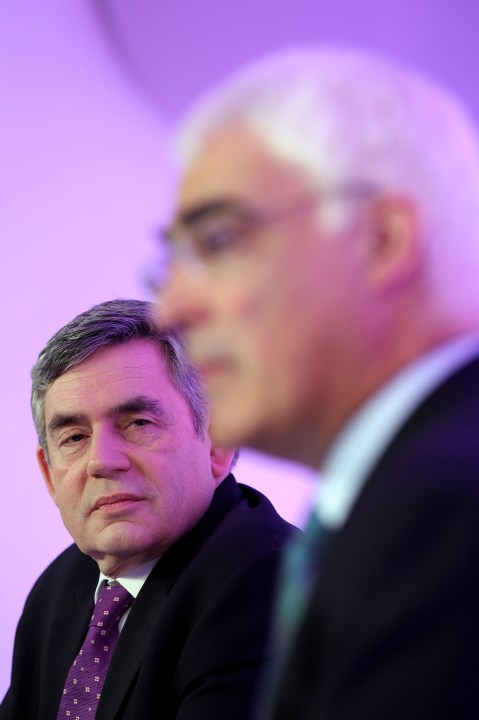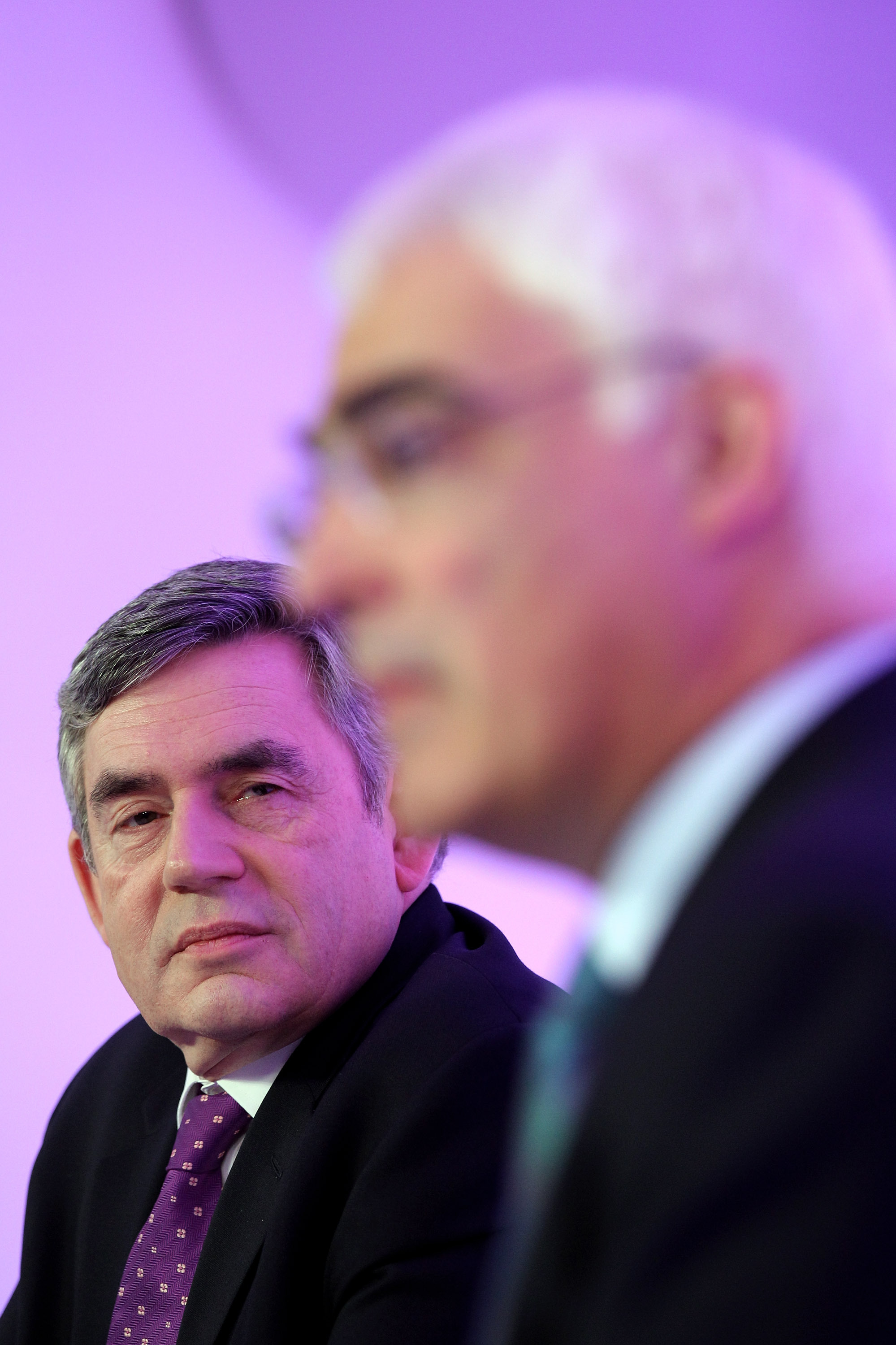 The coverage of Alistair Darling’s memoirs at the weekend was fascinating, not least for
the almost universal respect he was shown. Some senior Labour figures tried the old “ancient history” line. But this was ridiculous given the fact that the events described are relatively
recent and that they continue to have a profound effect on he Labour Party.
The coverage of Alistair Darling’s memoirs at the weekend was fascinating, not least for
the almost universal respect he was shown. Some senior Labour figures tried the old “ancient history” line. But this was ridiculous given the fact that the events described are relatively
recent and that they continue to have a profound effect on he Labour Party.
Darling was one of the few key players during the banking crisis to have kept a cool head. The extracts from his memoirs demonstrate just how difficult that must have been considering the utter chaos around him. The process of publishing these memoirs must have been difficult as he is someone who, by his cautious lawyerly nature, prefers to keep his counsel. But, of all the memoirs to have come out of the New Labour era this is possibly the most important.
Darling’s account of the summer of 2008 and his fateful Guardian interview with Decca Aitkenhead is particularly intriguing. He is still clearly bruised by the reaction to his comments that Britain
was suffering “arguably the worst downturn there has been in 60 years”. As he points out, he had made similar comments in a Times article and in an interview with me in the New Statesman in June of that year:
Why Gordon Brown’s cabal of briefers chose the August show of frankness to strike is still unclear. Perhaps it was just that they had finally got their troops lined up at this point, though it is telling that they still failed to remove the Chancellor and replace him with their man. Where Darling is very astute is on recognising that Brown operated with a “who will rid me of this turbulent priest” mentality. This allowed others to act on his behalf, while believing they were doing his master’s bidding.“If you ask fundamentally what’s changed… self-evidently it’s the credit crunch… The IMF has said that it is the biggest shock to the world’s economic systems since the 1930s… If you look at the overarching event of the past 12 months, it is a slowdown in the economy, and everything that comes with it, and that hasn’t just affected the economic matters – it’s had a huge bearing on politics, too. It’s the old adage “it’s the economy, stupid”, and the economy drives politics.”
I had my own rather less high-profile experience of this when Geoffrey Robinson, a close ally of Brown’s and then owner of the New Statesman mobilised to have me removed as Political Editor of the magazine. Although nothing was ever said, he planned to appoint Patrick Hennessy, Politcal Editor of the Sunday Telegraph, as editor. It was later reported to me that Hennessy was told his first job would be to fire me. To his credit, this most Brownite of hacks was horrified by the idea, I was later told.
It is a sign of how ineffectual the Brown’s people had become at this point that they failed to get their man into the chair at the New Statesman, let alone Number 11.







Comments